5 philosophers you should know about
Throughout history, many a great advancement has been made in the development of human understanding; of the world around us, and the world inside our minds. So much so, that it is easy to feel overwhelmed by a plethora of, oftentimes, very abstract ideas. If you're a newcomer, where do you start?
This list will answer that very question, outlining the greatest philosophers; ranging from Greek philosopher-athletes to the English empiricists and French rationalists of the second millennia.
1). Plato
Often credited as the most influential philosopher, Plato's reach extended into many latter philosophers' works, such as Saint Thomas Aquinas, Rene Descartes, and much more. In his recorded dialogues The Republic, much discussion is owed to justice, the ideal society and knowledge. Platonic philosophy and dialogue continues to be of discussion today, and his influence as the father of Western philosophy remains unassailable.
2). Aristotle
A tutee of Plato, Aristotle developed a formal framework for how we understand the world around us, through observation and deductive reasoning - establishing the beginnings of the scientific method and empiricism over a millennia later. In addition to being a founder for empiricism, he developed theories of morality such as the adherence to the "natural law", in his work The Nichomachean Ethics.
3). Rene Descartes
You may have heard of the phrase, "I think therefore I am." Well, that is credited to French philosopher, scientist and mathematician, Rene Descartes. A pioneer in rationalism, he formed his understanding of truth and reason primarily around the idea that we have the innate ability to do so. Through doubting everything that could be doubted in his Meditations on First Philosophy, the only thing left that could not be doubted was his mind. As well as his philosophy, he is often praised for his contributions towards the scientific method that was beginning to develop during the 16th century.
4). John Locke
John Locke was a foundational thinker for modern liberalism in 17th century England. He proposed various treatise on governance; particularly, he was a promoter of the "social contract" the government had to fulfil for its governed. In addition to this, he was a founding member of the school of empiricism. He argued the mind is a blank slate at birth, and that instead, we derive ideas from experience with our senses in An Essay Concerning Human Understanding.
5). Immanuel Kant
Immanuel Kant is noted to be one of the greatest modern thinkers, if not the greatest, for combining the schools of empiricism and rationalism together. In A Critique of Pure Reason, Kant develops greatly on work made by previous philosophers' like Descartes and Locke. He argued that whilst much is learned from experience, humans have innate processes that they unconsciously use to categorise and reason with experiences. Despite forming his work in the 18th century, the school of Kantianism continues to inspire much of modern philosophy.
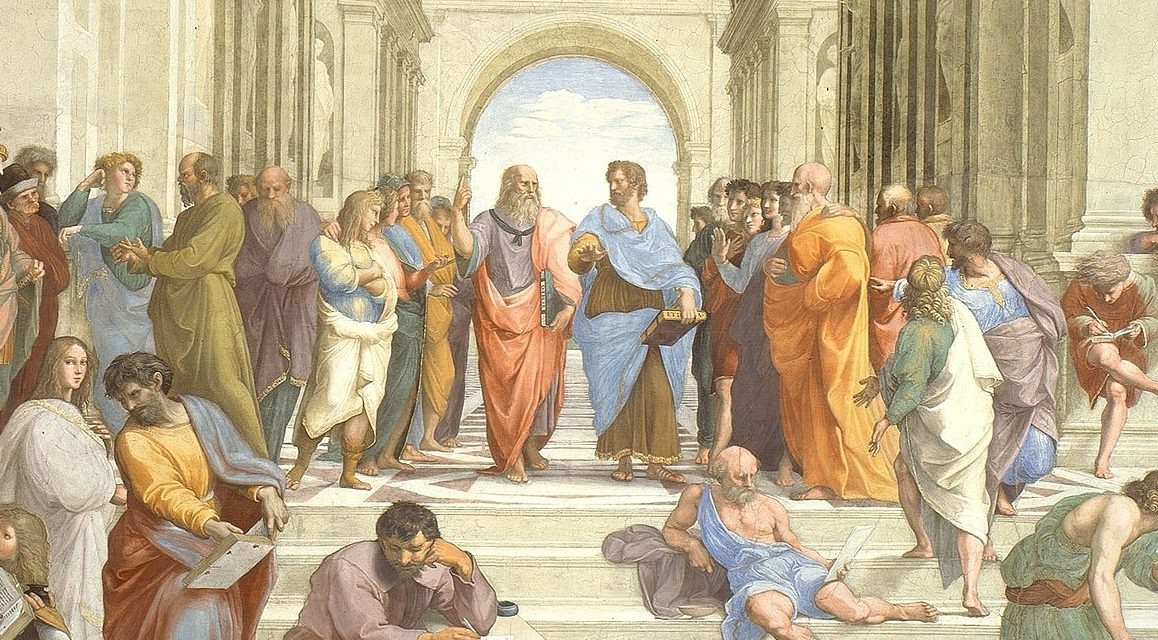
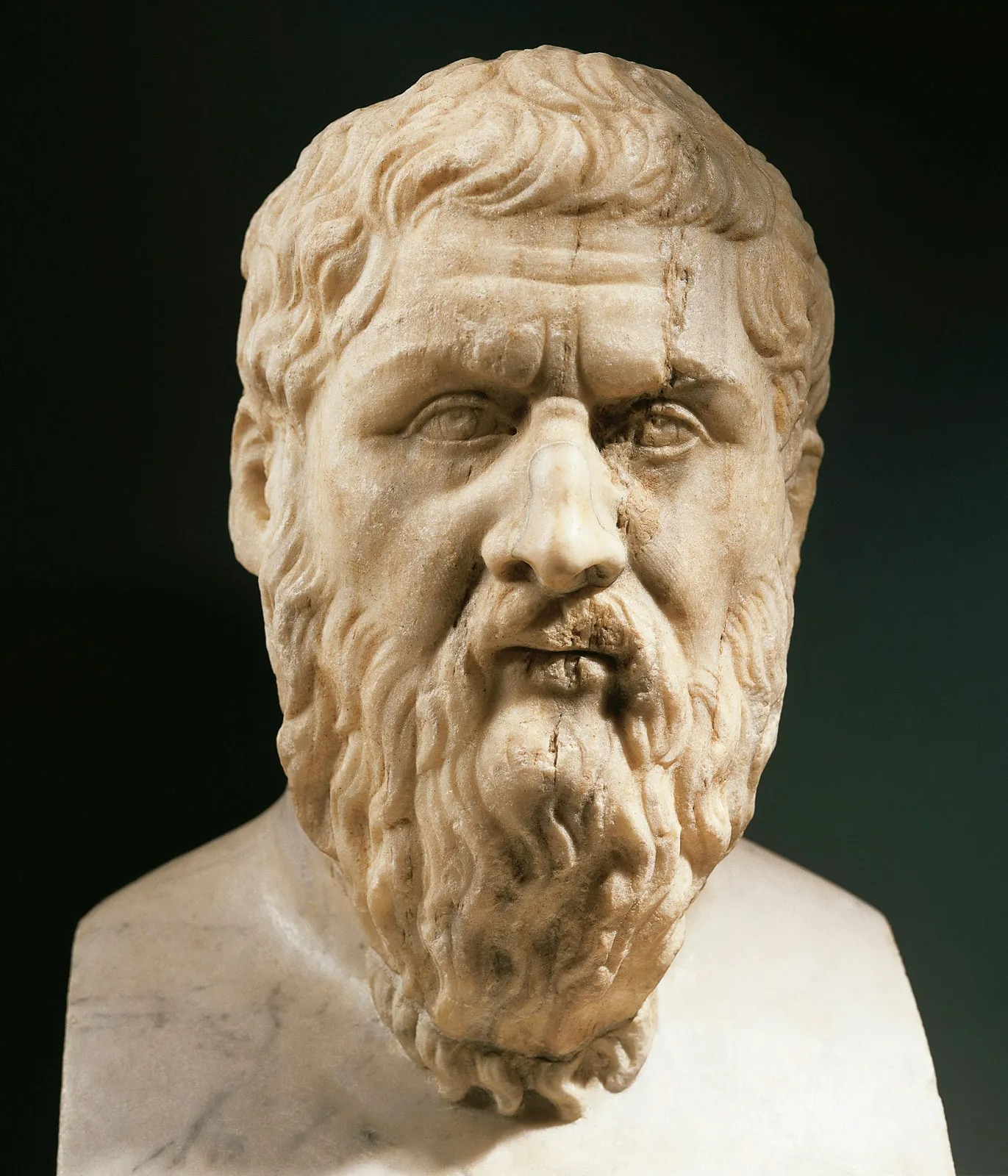
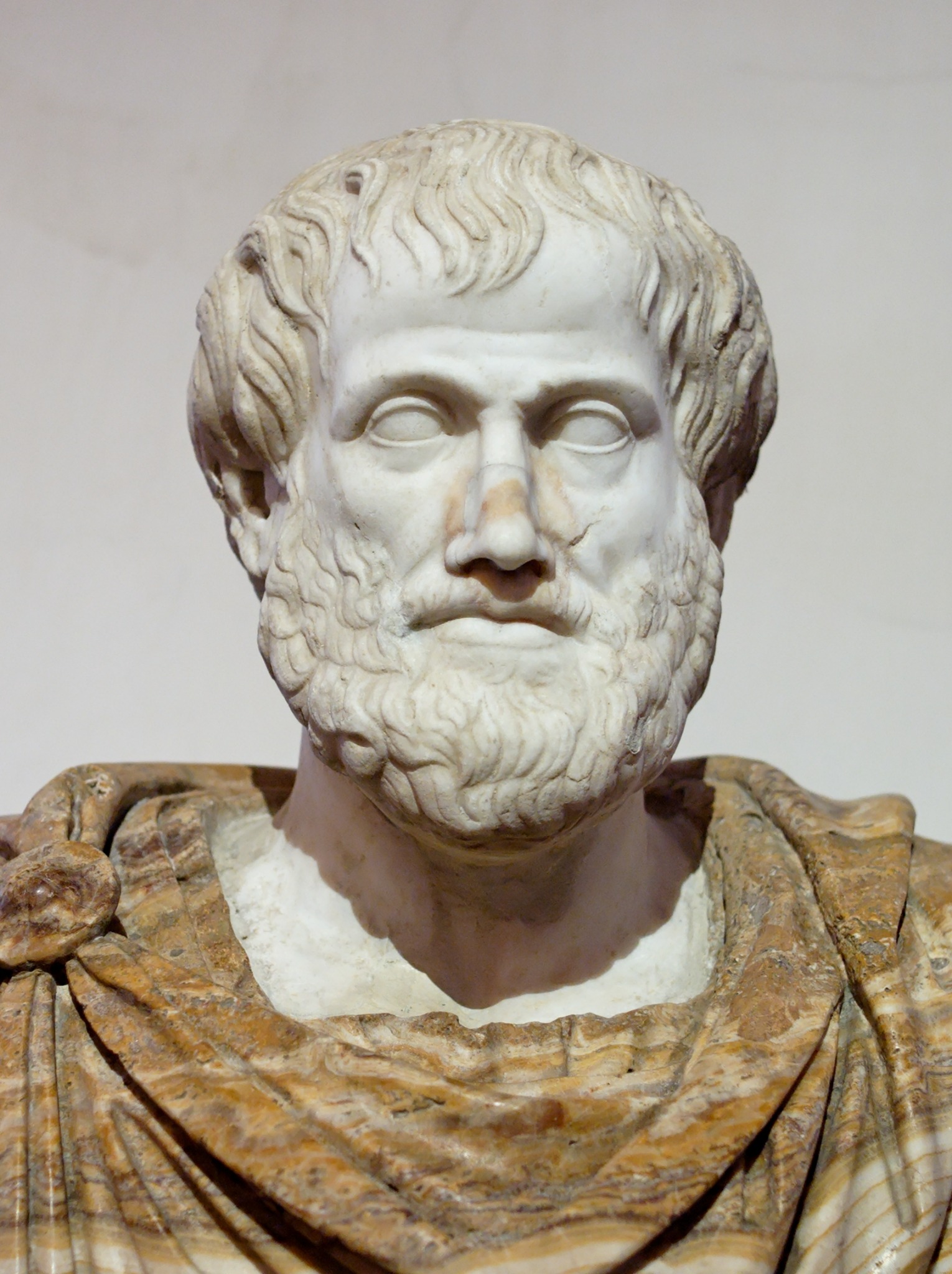
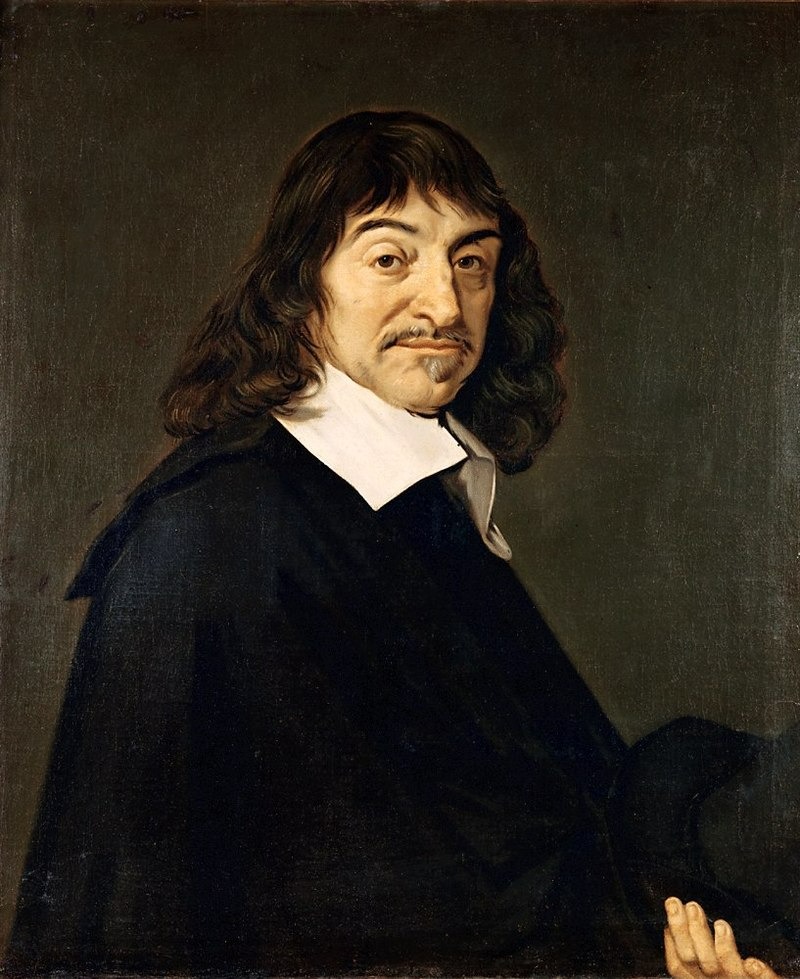
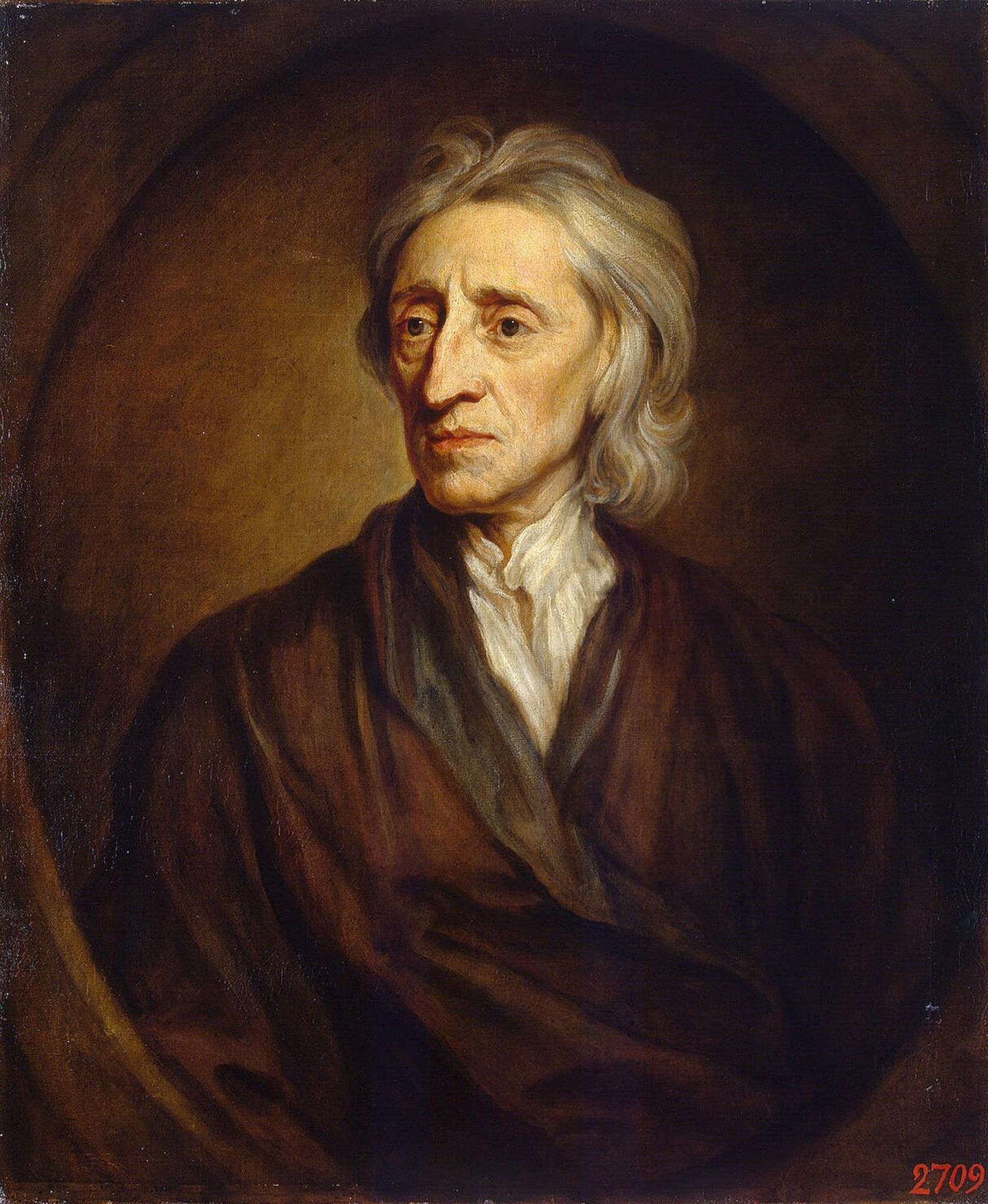
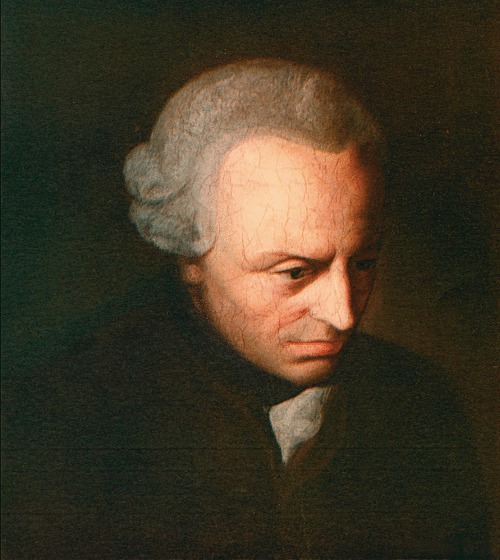
Post a comment